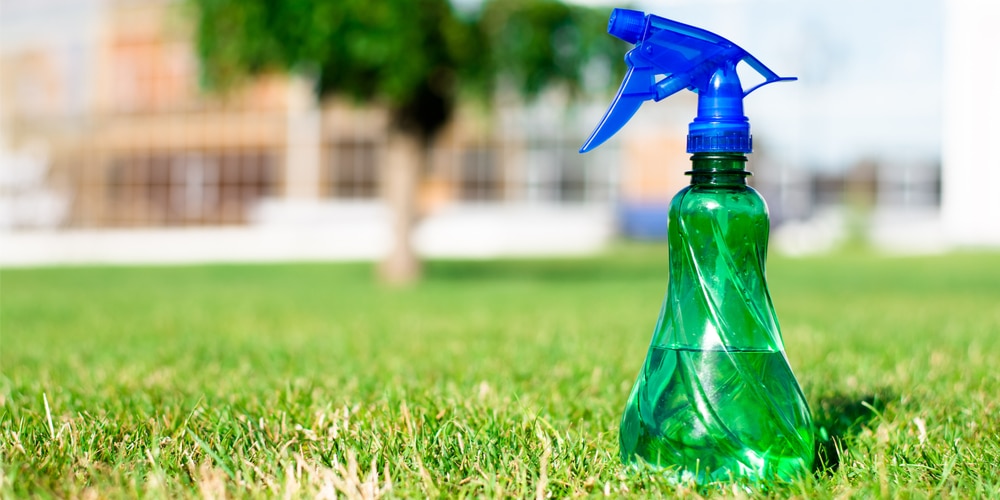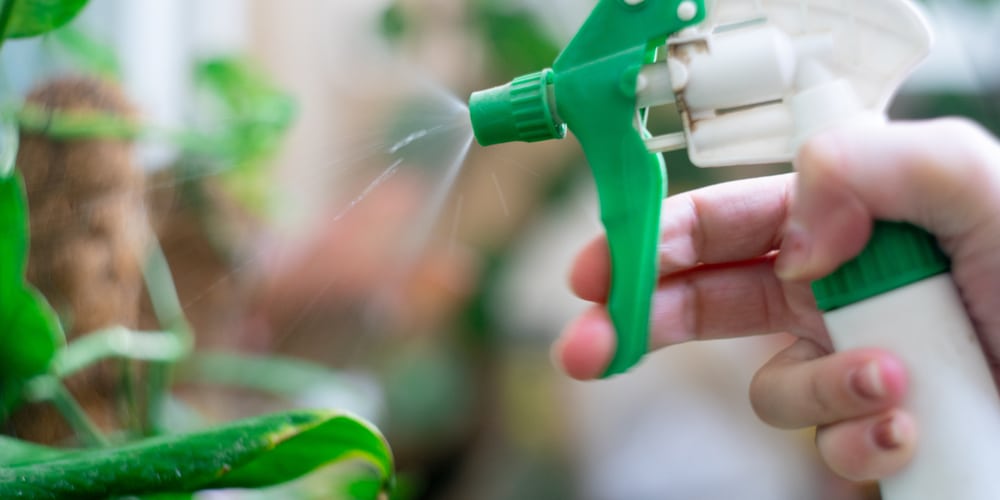Pests and fungal diseases can wreak havoc on your crops, reducing yields and causing financial losses. That’s why farmers and gardeners alike rely on fungicides to protect their plants. But with so many products on the market, it can be tough to choose the right one for your needs. In this article, we’ll compare two popular fungicides: copper fungicide vs neem oil.
We’ll discuss their respective advantages and disadvantages, as well as when and how to use each product. By the end, you should have a better idea of which fungicide is right for your needs.
Copper fungicide

Copper fungicide is a type of pesticide that contains copper as its active ingredient. As a fungicide, copper has been used for centuries, and it is still one of the most popular choices today.
It is effective against a wide range of fungal diseases, including black spot, powdery mildew, septoria leaf spot, and anthracnose. When buying copper fungicide, the most common type that you will come across is copper sulfate.
When buying copper fungicide, the most important thing that you have to keep in mind is that it’s more effective as a preventative measure than a treatment. In other words, it’s better to use copper fungicide prior to your plants getting sick, rather than after.
How should you use copper fungicide?
Copper fungicide is commonly used in a manner similar to other fungicides. You will typically have to dilute it with water and applied to the leaves of plants using a sprayer.
When using copper fungicide, be sure to follow the directions on the label carefully. Copper can be toxic to plants if too much is used, so it’s important to follow the application instructions.
Can you use copper fungicide as a fertilizer?
The simple answer to this is yes. For soils that have low levels of copper, copper sulfate can provide a boost. Plants growing in soils that are copper-deficient will have lower fruit production, stunted growth, fewer flowers, and wilting as symptoms.
To be sure that your soils are copper-deficient, however, it’s best to test the soil. And when applying copper sulfate, it’s crucial to ensure that you don’t use too much, as this can lead to copper toxicity.
Neem oil
Neem oil is a natural pesticide that is made from the seeds of the neem tree. This tropical evergreen is native to India and Myanmar, and its oil has been used in traditional medicine for centuries.
The active ingredient in neem oil is azadirachtin. This compound interferes with the hormones that pests need for their growth and reproduction.
As such, neem oil works perfectly against a broad variety of pests such as mites, aphids, whiteflies, and beetles. It also has antifungal properties, making it effective against powdery mildew, root rot, black spots, and other fungal diseases.
How should you use neem oil?
Neem oil is most commonly used as a foliar spray. This means that it is diluted with water and applied to the leaves of plants, where it can be absorbed through the pores.
When applying neem oil, be sure to follow the directions on the label carefully. Neem oil can be toxic to plants when used excessively, so it’s important to apply it only in the recommended amounts and frequencies.
Can you use neem oil as a fertilizer?
Just like copper fungicide, you can use neem oil as a fertilizer. Neem oil has a number of nutrients that can be beneficial for plants, including nitrogen, phosphorus, and potassium.
That said, it’s important to note that neem oil is not a complete fertilizer. This means that you should not use it as the sole source of nutrition for your plants. Instead, you should use it in addition to other fertilizers.
Which is better: copper fungicide vs neem oil?
There is no easy answer to this question, as both copper fungicide and neem oil have their pros and cons.
Copper fungicide is more effective as a preventative measure than a treatment, and it can also work as a fertilizer. However, since it’s non-biodegradable, it is more toxic than neem oil. That’s why you should be cautious to use the instructed quantities and application frequencies.
Neem oil, on the other hand, can work as a preventative solution-cum-treatment. What’s more, it’s less toxic to the soil life and plants since it’s biodegradable. And as if that’s not enough, it can be used as a fertilizer. However, since azadirachtin disintegrates quickly in sunlight, it’s not as effective of a long-term solution as copper fungicide.
So, which should you pick?
Ultimately, the decision comes down to personal preference and what you’re looking for in a fungicide.
If you want something that is more effective as a preventative measure against fungal diseases, copper fungicide may be the better option.
However, if you’re looking for something that is more biodegradable, less toxic, and can work either for prevention or treatment, neem oil may be the better choice.
